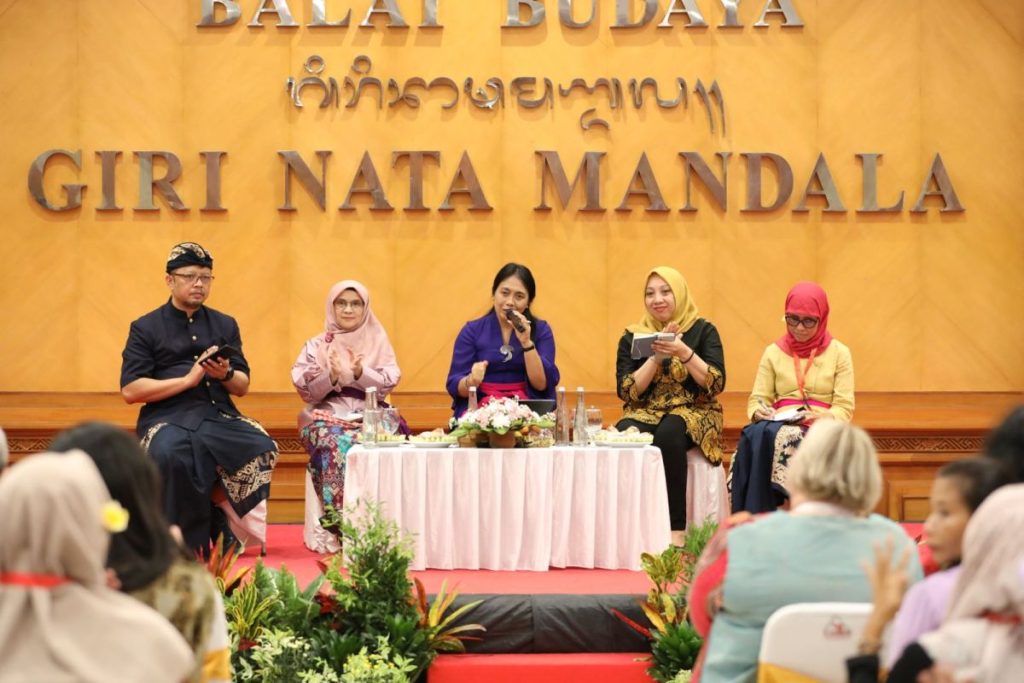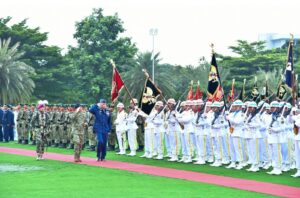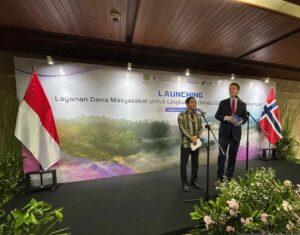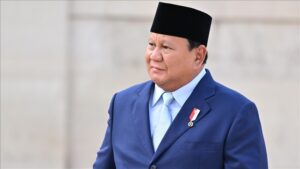Indonesia’s 2nd National Women’s Conference Prioritizes Inclusion in Development Planning

Bandung, The Gulf Observer: In an effort to prioritize inclusion and address critical issues facing women, people with disabilities, and marginalized groups, Indonesia hosted the 2nd National Women’s Conference aimed at integrating key agendas into medium- and long-term national development planning documents.
The conference, held at the Giri Nata Mandala Cultural Hall in Badung District, Bali, on April 20, gathered 1,500 participants along with 11 INCLUSION partners to deliberate on crucial topics affecting these communities.
Minister of Women’s Empowerment and Child Protection (PPPA) Bintang Puspayoga emphasized the significance of this conference, particularly on the occasion of Kartini Day, celebrating the legacy of R.A. Kartini, Indonesia’s symbol of women’s emancipation.
The nine key agendas addressed during the conference encompassed:
- Poverty alleviation strategies
- Advancements in women workers’ rights
- Prevention of child marriage
- Women’s economic empowerment initiatives
- Promotion of women’s leadership roles
- Improvement of women’s health services
- Environmental conservation from a women’s perspective
- Support for women and children in conflict with the law
- Combatting violence against women and children
Minister Puspayoga emphasized the importance of empowering women to pursue their dreams and aspirations, reflecting Kartini’s vision of women determining their own destinies.
The 2nd National Women’s Conference was a collaborative effort organized by INKLUSI (Australia-Indonesia Partnership Towards an Inclusive Society), in partnership with the Ministry of PPPA and with support from the National Development Planning Agency (Bappenas). The INCLUSION program, facilitated by Bappenas, is a joint initiative between the governments of Indonesia and Australia.
The conference activities included dialogues between the minister and representatives from civil society organizations providing grassroots-level support to women, highlighting the direct needs and challenges faced by these communities.
As a culmination of the conference, proposed development plans for the period 2025–2029 were submitted to Bappenas, ensuring that the voices and concerns of women, people with disabilities, and marginalized groups are integrated into the national development agenda.
The conference underscored Indonesia’s commitment to fostering an inclusive society and advancing the rights and well-being of all its citizens, particularly vulnerable and underrepresented groups. Through collaborative efforts and proactive engagement, the nation aims to achieve sustainable and equitable development across all sectors of society.


